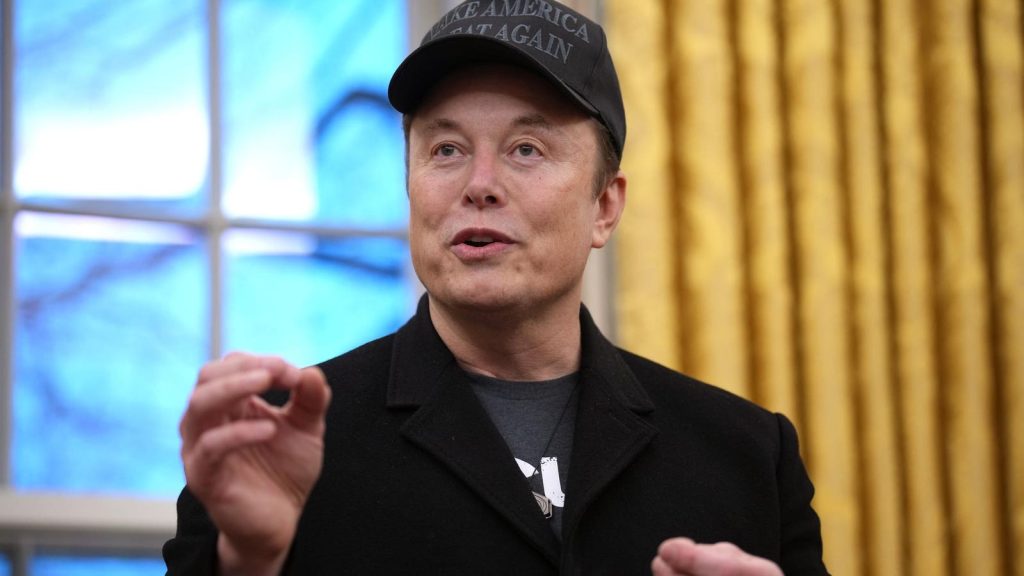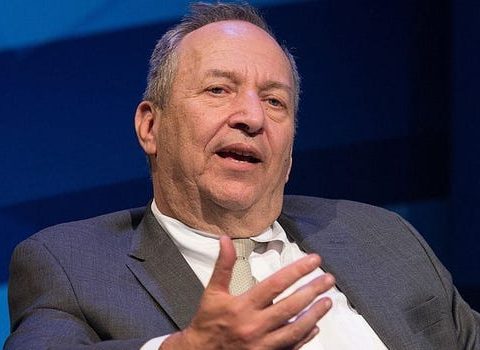A federal judge has blocked portions of President Donald Trump’s executive orders aimed at dismantling diversity, equity, and inclusion (DEI) initiatives, ruling on Friday that the directives are too vague for enforcement and may violate free speech rights.
Key Facts
U.S. District Judge Adam Abelson, appointed by former President Joe Biden, criticized the lack of clarity in Trump’s orders, which he asserted “do not define any of the operative terms,” such as “DEI,” “equity-related,” or “illegal DEI and DEIA policies.” Abelson noted that the ambiguity left federal employees and grant recipients uncertain about what actions could be interpreted as being related to DEI. He illustrated this by pointing out that a government grant for repairing potholes in a low-income area could potentially be treated as an equity-related project.
In his inaugural order, Trump mandated that federal agencies and grant recipients cease DEI positions and initiatives, along with any “equity-related” grants. Abelson’s ruling granted a preliminary injunction requested by Baltimore and various higher education institutions that argued the orders were designed to suppress free speech.
How Has Trump Targeted DEI in Executive Orders?
On his first day in office, Trump issued an order titled “Ending Radical and Wasteful Government DEI Programs and Preferencing,” which required federal agencies to eliminate DEI offices, positions, and performance expectations for employees along with “equity-related” projects by grant recipients or contractors. His other executive orders have also targeted transgender individuals, prohibiting their service in the military and mandating that passports reflect the sex assigned at birth. Trump has framed his anti-DEI orders as a means to promote merit-based hiring and has characterized his directives regarding the trans community as supportive of women’s rights.
Have Trump’s Executive Orders Faced Legal Challenges?
The Trump administration has encountered numerous lawsuits concerning his executive orders on DEI. Civil rights organizations, such as the NAACP Legal Defense Fund and Lambda Legal, recently filed suit against the administration, claiming that the DEI orders represent a misuse of presidential authority and are discriminatory. Legal challenges have also been brought against Trump’s policies targeting transgender individuals; the ACLU represents a group of transgender individuals in a case asserting that the orders discriminate based on gender and violate rights to free speech and expression.
What Companies Have Rolled Back DEI?
In light of Trump’s actions to scale back DEI across the federal government, various private companies have preemptively or reactively diminished their DEI commitments. Firms such as Meta, Amazon, Citigroup, Pepsi, Target, and Walmart have made cuts to their diversity programs. For example, Target announced changes to its diversity policies, including the elimination of racial hiring targets and a withdrawal from certain external diversity assessments, presumably in response to the evolving political landscape. Conversely, companies like Costco, Delta, and the NFL have opted to maintain their DEI commitments. Notably, Costco’s shareholders overwhelmingly rejected a proposal to assess the risks linked to its DEI initiatives.







